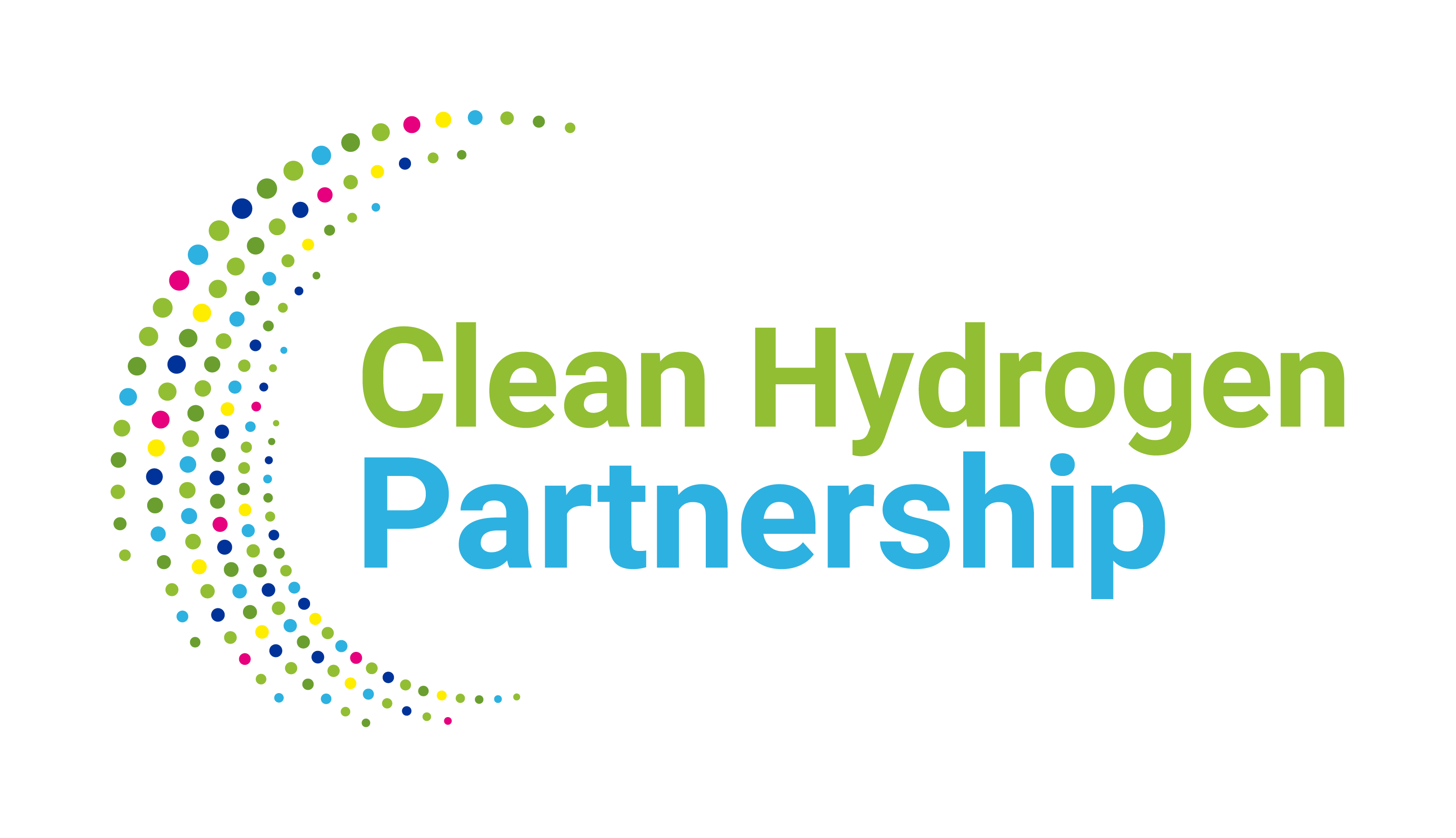Context
Moving towards a zero-carbon economy has become an increasingly vital issue for policymakers, local governments, and private industry over recent years. Low carbon technologies have the potential to both tackle air pollution on a local level, as well as contribute towards international efforts towards preventing climate change. One route to this has been identified as the use of hydrogen as an energy vector. Zero emission hydrogen can be made using electrolysis with low carbon electricity, or production using biomass-derived feedstocks (bio-feedstocks). This hydrogen can then be stored, transported, and used in applications such as heating or transport.
Early success in deploying hydrogen technologies in Europe has been driven on a regional and city-wide level. The scale of these deployments has proved well-suited to early and ambitious development of hydrogen technology projects: local governments, acting in conjunction with industrial partners, have been able to secure significant investment in hydrogen projects, and deploy technology faster than would be possible on a national scale, or for a private company to do alone.
This project is funded by the Clean Hydrogen Joint Undertaking, a unique public private partnership supporting research, technological development and demonstration activities in fuel cell and hydrogen (FCH) energy technologies in Europe. Its aim is to accelerate the market introduction of these technologies, realising their potential as an instrument in achieving a carbon-lean energy system.
In 2017, the FCH 2 JU (the organisation preceding the Clean Hydrogen Joint Undertaking) initiated the FCH regions initiative, which saw over 90 cities and regions committing to develop hydrogen projects. Over the next 5 years, the total level of investment in local or regional fuel cell and hydrogen projects is expected to total EUR 1.8 billion. According to the study on the development of business cases for a wide of FCH applications in regions and cities, a number of public authorities express significant interest in further developing local or regional roadmaps. Following on from this, the FCH 2 JU launched the “Project Development Assistance (PDA) for regions and cities” project, that supported 11 regions in detailed project planning and development, between 2020 and 2021. This allowed project concepts to move forward to implementation, as well as facilitating the exchange of lessons learnt between observer regions.
As a result of the success of the Project Development Assistance (PDA) for regions and cities project in 2020-21, the Clean Hydrogen Joint Undertaking is now launching applications for more regions to receive PDA support. This project, known as PDA II, will focus on hydrogen deployments in cities and regions in EU cohesion countries, outermost regions and islands of the EU and Associated Countries, which typically have seen fewer hydrogen projects to-date. The additional associated countries are listed at
Project Timeline
In order to simplify the application process for regions across Europe, the Expression of Interest (EOI) will be run via a two-stage process. The application window for Stage 1 will open on 5th September 2022 and will run until 21st October 2022.
EOI call responses will then be evaluated by the Clean Hydrogen Joint Undertaking, Spilett and the consultancy subcontractors, and up to 30 regions will be shortlisted to continue their application to receive PDA services. Shortlisted regions will be invited to stage 2 of the application process by Monday 7th November 2022, and will be required to submit stage 2 applications by Monday 5th December 2022. After this date, applications will again be evaluated, with a portfolio of up to 15 projects (and up to 3 reserve projects) selected to receive dedicated PDA services and successful applicant regions notified in December 2022. The selection of these projects will be based on which projects PDA can help to ensure are implemented, and which projects will advance the deployment of Hydrogen technologies in Europe.
Support offers will be sent to the selected regions and, upon acceptance, representatives from each region will be invited to a “PDA support inception meeting” with the Clean Hydrogen Joint Undertaking, Spilett and the consultancy subcontractors. This will offer an opportunity to explain the PDA support process, answer any questions, and explore synergies between the projects. In recognition of the ongoing travel restrictions and the limited travel budgets of many regions, this meeting is currently planned to be held virtually.
Following this meeting, individual PDA support will continue over the course of 12 months. It is then expected that the project development assistance provided will allow implementation of the projects to commence within 24 months following the completion of PDA. The various communication activities between Spilett, the consultancy subcontractors, the Clean Hydrogen Joint Undertaking, selected regions and observer parties will continue throughout the PDA period and after its completion, with the selected regions providing regular updates to the Clean Hydrogen Joint Undertaking after the PDA period is complete.

